What’s the difference?
In terms of sustainability and environmental stewardship, organic and natural wines have some similar values. Also, both have become much more popular dinner party topics.
There are, however, important differences between organic and natural wines. To understand better, let me define each one.
What is Natural Wine?
Natural wine has no additives or processing, and the grapes used are pesticide-free. Moreover, it is bottled with minimal processing, with nothing added or removed. In this process, no additives are used and fermentation is minimally interfered with, creating a “living” bottle of wine.
What is Organic Wine?
Similarly, organic wine is made without pesticides, chemical fertilizers, herbicides, or fungicides, just like organic produce. Additionally, during the fermentation process, no chemicals, mainly sulfur dioxide, can be added as a preservative.
Natural wine will always be organic, while organic wine may not always be natural.
Real Fact
How is this possible?
Firstly, organic wine does have yeast added into it during fermentation, while natural wine does not.
Secondly, organic wine does not necessarily utilize the same minimalistic processing technique as natural wine.
How does organic wine taste compared to other wines?
A study published in the American Association for Wine Economics, titled “Does Organic Wine Taste Better? An Analysis of Expert’s Ratings,” it was proved that organic wine tastes better than conventional wine. Wine experts taste-tested different wines and consistently marked organic wines better. On average, organic wines rated 4.1 points higher than non-organic wines.

Check out our organic wine collection from different countries.


Add Comment